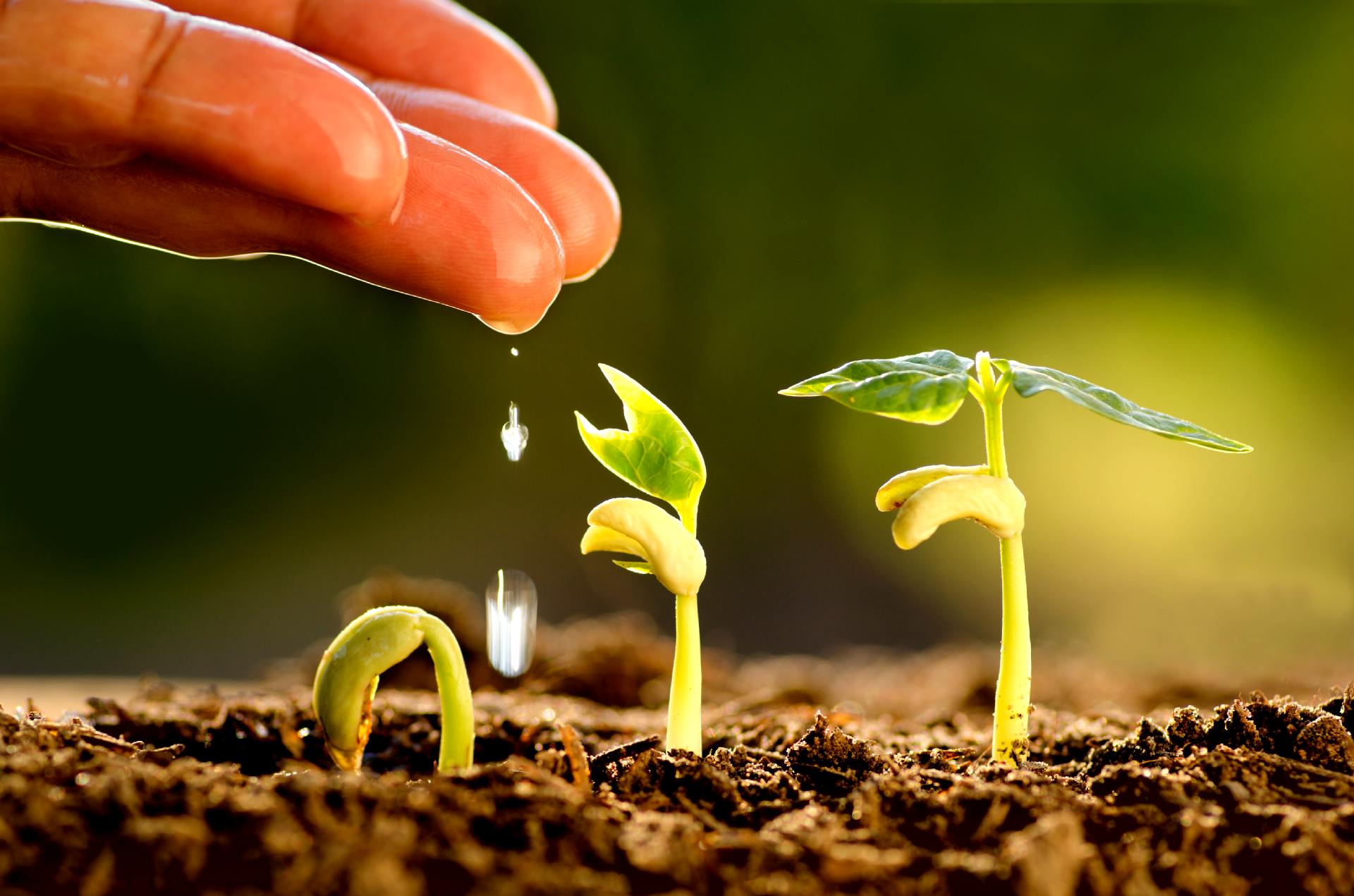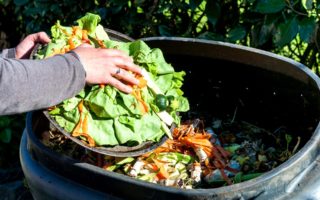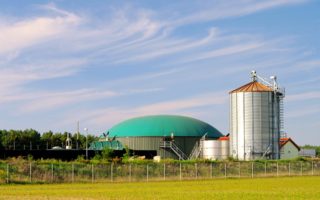Organic Food conversion
Food waste has a good potential if processed into organic liquid fertilizer rather throwing away. Conversion of food waste generated from homes, restaurants, schools and universities into organic liquid fertilizer through anaerobic process has many advantages because it is inexpensive and has no side effects.
The resulting benefits are very likely to fertilize crops, to maintain the stability of nutrient elements in the soil and reducing the bad impacts of chemical fertilizers.
Anaerobic Digestion
- Requires a lot less work than aerobic composting.
- Produces more usable humus per volume of original composting ingredients compared to aerobic composting.
- Finished product contains higher levels of ammonium, since anaerobic microbes tend to use less nitrogen than aerobic microbes.
- Process of organic food waste anaerobically produces biogas (e.g. methane and carbon dioxide), which can be captured and used for energy/fuel.
- Anaerobic digestion requires musch less space to build the digester and the storage tanks.
- Avoid potentially smelly, or pest-attracting kitchen waste that you’d accumulate day after day.
- Compost products do exist excessively in the market while organic liquid fertilizer is still relatively new..
Benefits of organic liquid fertilizer
- Increases organic matter content;
- Reduces the need to apply chemical fertilizers and pesticides;
- Improves plant growth;
- largely used in hydroponic agriculture;
- Reduces soil erosion and nutrient runoff;
- Increases the soil’s water retention ability, which reduces the need for irrigation.
- Helps plants when they need a quick boost because plants quickly absorb liquid products espcially if applyied directly to their leaves (foliar feeding).



